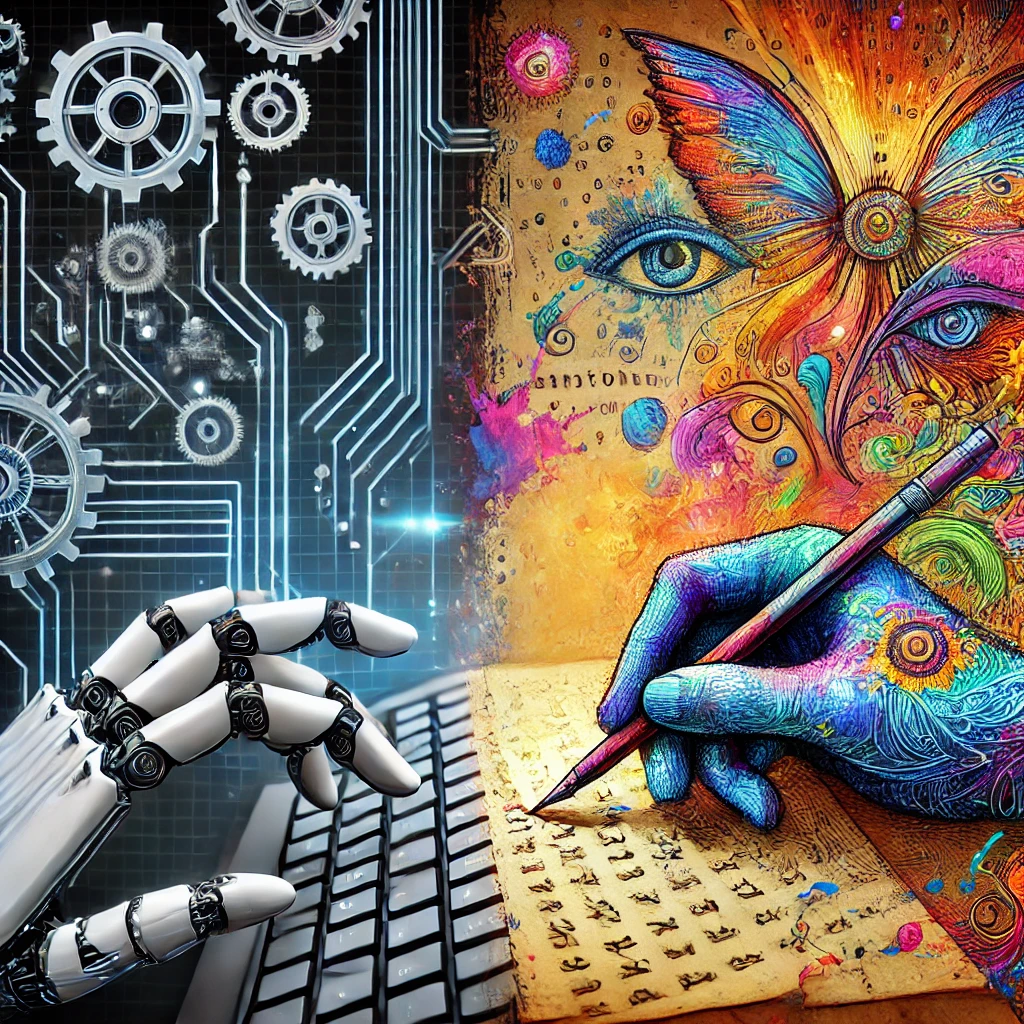ChatGPT, powered by a large language model, is designed to generate coherent, informative, and contextually relevant responses across diverse topics. While its language patterns are functional and often highly structured, mimicking this style in everyday or creative writing may not always produce engaging or human-like prose. Here’s a breakdown of how not to write like ChatGPT, and instead, how to embrace more dynamic, authentic, and varied forms of expression.
- Avoid Overly Structured Responses ChatGPT tends to write in a highly organized manner, often employing clear sections or points to answer a question. While this is helpful for clarity, it can come off as formulaic in more casual or creative writing. To break free from this rigidity, embrace spontaneity in your sentences. Allow your thoughts to flow more freely, mixing short, punchy sentences with longer, more introspective ones. Don’t be afraid to interrupt a pattern or dive into a tangent that adds personality or depth to your work.
- Emphasize Personal Voice and Emotion ChatGPT lacks a personal voice—it communicates without true emotions, relying instead on generalized expressions. To write with greater warmth and authenticity, inject your own emotions, opinions, and experiences into your writing. Use words that resonate with your mood or convey your individuality. For example, instead of writing, “The book is well-regarded for its insights,” try, “I couldn’t put the book down—the insights hit me like a wake-up call I didn’t know I needed.”
- Let Ideas Evolve Naturally ChatGPT often presents ideas in a clean, concise way, which can sometimes feel overly mechanical. Human thought, however, is not always linear. In your writing, allow ideas to evolve more organically. Real-world writing often involves exploring contradictions, reflecting on uncertainties, or leaving some ambiguity to provoke thought. Don’t shy away from leaving questions unanswered or allowing your ideas to unfold in a more exploratory manner.
- Steer Away from Over-Sanitization ChatGPT, by design, is careful not to offend and avoids controversial stances. While this is valuable in certain contexts, it can lead to sterile writing. To create more engaging content, you can add a layer of boldness—express your convictions and take stances that provoke thought or debate. Authentic writing often thrives when it doesn’t play it safe.
- Diversify Your Language ChatGPT can sometimes repeat similar phrases or follow predictable sentence structures. To avoid this, actively work on diversifying your language. Use metaphor, symbolism, humor, and colloquial expressions to make your writing come alive. Try varying sentence lengths, playing with word choice, and experimenting with different tones, such as sarcasm, irony, or sincerity.
- Embrace Imperfection ChatGPT strives for correctness and completeness in every response, which, while beneficial for conveying information, can stifle the creative process. As a human writer, you don’t need to aim for perfection in every sentence. Sometimes, the beauty of writing lies in its imperfections—the rough edges, incomplete thoughts, or moments of vulnerability. Let your writing breathe by allowing it to be messy at times, and let revisions shape it into something more personal and profound.
In conclusion, to avoid writing like ChatGPT, move beyond structured and neutral responses by embracing a more human approach. Focus on adding personality, depth, and emotional resonance to your writing, allowing ideas to meander and evolve. Experiment with language, and don’t fear imperfection—it’s often where the magic happens. Writing like a human means capturing the nuances, contradictions, and emotions that machines can’t replicate.
To avoid over-reliance on ChatGPT, here are a few points and suggestions for fostering independent and creative thinking in human writing:
1. Cultivate Critical Thinking
- Suggestion: Before seeking help from ChatGPT or similar tools, take time to brainstorm your own ideas. Engage in independent research, question assumptions, and explore various perspectives.
- Why: Relying on AI too often can make your thinking rigid and less critical. By developing your own arguments, you sharpen your reasoning skills.
2. Embrace Your Unique Voice
- Suggestion: Regularly practice freewriting or journaling to discover and develop your authentic style, tone, and narrative voice. Avoid AI for tasks that require personal expression or deep emotion.
- Why: AI models lack genuine emotion or personal experience. Your unique perspective adds depth and richness to your writing that AI can’t replicate.
3. Experiment with Creativity
- Suggestion: Engage in creative writing exercises such as writing poetry, short stories, or even improvisational dialogue. Limit the use of AI for creative output.
- Why: AI-generated content often follows patterns and lacks the unpredictable nature of human creativity. Cultivating your imagination helps you break free from formulaic approaches.
4. Learn from Your Mistakes
- Suggestion: Don’t rely on AI to perfect or edit your work. Instead, make time for multiple drafts and self-editing. Use tools like ChatGPT for suggestions, not as a replacement for your own revisions.
- Why: Mistakes and revisions are valuable learning experiences. When you refine your own work, you develop stronger analytical skills and attention to detail.
5. Stay Up-to-Date and Evolve
- Suggestion: Continually learn and adapt to new trends, technologies, and writing styles. Participate in writing workshops, and read extensively.
- Why: AI can only reflect the information it has been trained on, which may quickly become outdated. Relying on yourself ensures your knowledge stays fresh and relevant.
6. Maintain Intellectual Independence
- Suggestion: When writing academic papers, essays, or opinion pieces, ensure that you base your arguments on your own research, experiences, and reflections.
- Why: Over-reliance on AI in intellectual work can lead to unoriginal, surface-level ideas. By engaging fully in the writing process, you contribute to a richer discourse.
In short, while AI can be a helpful tool, it is essential to prioritize human creativity, critical thinking, and self-expression in order to maintain independence and originality in your writing.



Your writing has a way of resonating with me on a deep level. I appreciate the honesty and authenticity you bring to every post. Thank you for sharing your journey with us.